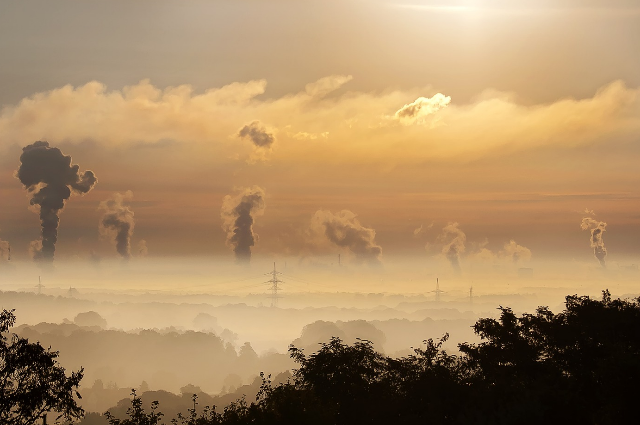
Introduction
Climate change is a global issue that affects every aspect of human life, from the environment to the economy. India, as one of the largest and most populous countries in the world, is particularly vulnerable to the impacts of climate change. In recent years, the country has experienced a range of extreme weather events, including droughts, floods, and heatwaves, that have had significant social, economic, and environmental consequences.
One of the most pressing challenges that India faces in the context of climate change is water scarcity. The country is home to over 1.3 billion people, and its water resources are already under significant stress due to overexploitation, pollution, and climate variability. Climate change is expected to exacerbate this situation by reducing rainfall, increasing evaporation, and causing more frequent and severe droughts.
Agriculture, which employs over half of India's population and contributes to about 18% of its GDP, is particularly vulnerable to the impacts of climate change. Changing rainfall patterns, rising temperatures, and extreme weather events can have severe consequences for crop yields and food security. In recent years, India has experienced several droughts and floods that have caused significant losses to farmers and disrupted food supplies.
Another major impact of climate change in India is on public health. Rising temperatures, air pollution, and water scarcity can have adverse effects on people's health, including heatstroke, respiratory illnesses, and water-borne diseases. India is already facing a significant burden of communicable diseases, and climate change is expected to exacerbate this situation by increasing the prevalence and distribution of disease vectors and pathogens.
In response to these challenges, the Indian government has taken several initiatives to address the impacts of climate change. These include the National Action Plan on Climate Change, the National Clean Energy Fund, and the Swachh Bharat Abhiyan (Clean India Mission). India has also set ambitious targets for renewable energy and has been actively promoting the use of electric vehicles and public transport.
However, much more needs to be done to address the challenges of climate change in India. The country needs to invest in infrastructure and technologies that can help it adapt to changing climate conditions and reduce its greenhouse gas emissions. There is also a need for greater awareness and education among the public, policymakers, and businesses about the impacts of climate change and the need for action.
Conclusion
In conclusion, climate change is a significant challenge that requires urgent and coordinated action from all sectors of society. India, as a large and rapidly developing country, has a crucial role to play in mitigating the impacts of climate change and transitioning to a low-carbon and sustainable future. By taking proactive and innovative measures, India can not only protect itself from the impacts of climate change but also contribute to global efforts to tackle this urgent issue.
